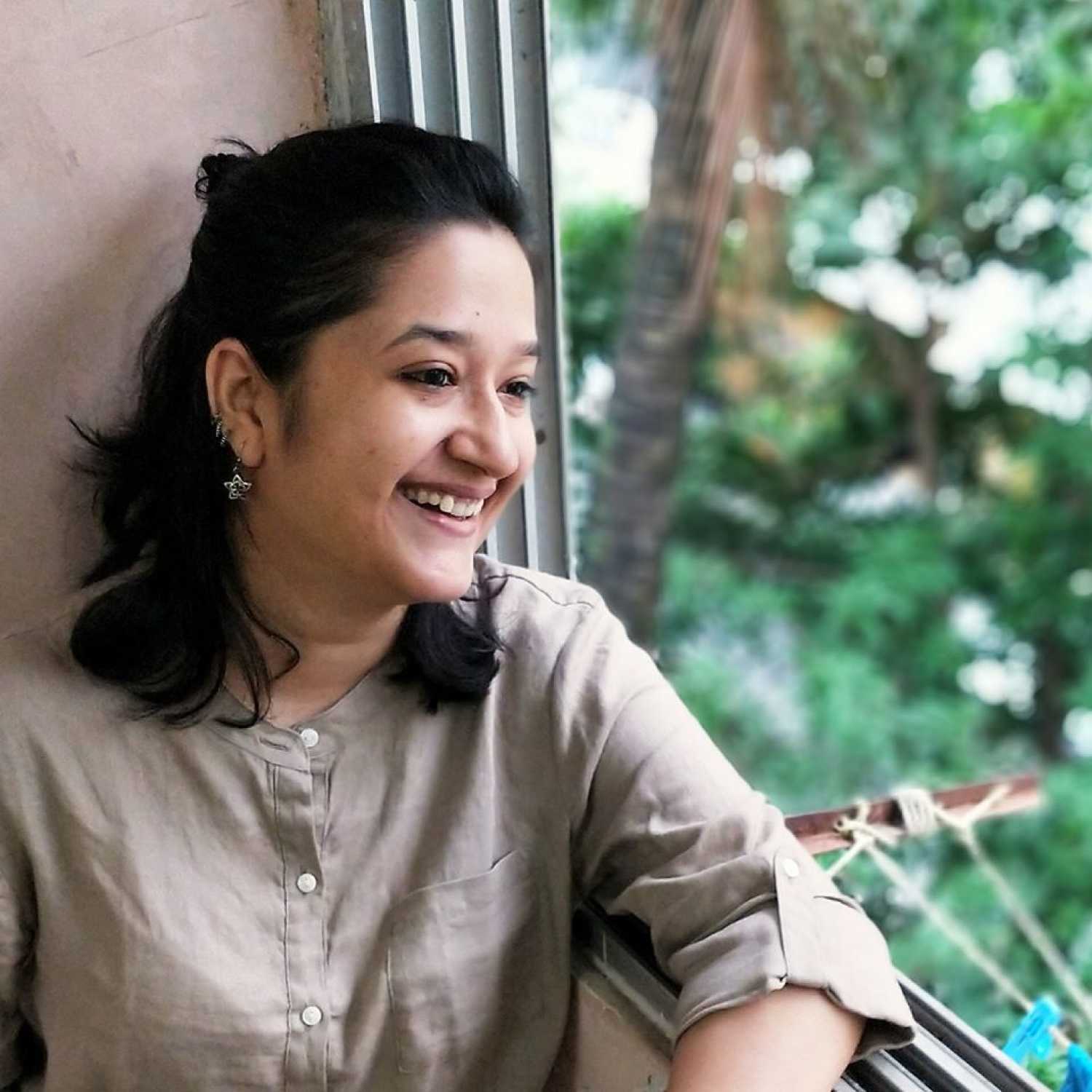The filmmaker talks about what inspired her to document the journey of three Muslim women from the four walls of their home to a nearby gym.
Juhi Bhatt on Veil Done: Many women have to fight for something as basic as a gym
Mumbai - 05 Feb 2018 10:37 IST
Updated : 21:47 IST


Suparna Thombare
Screened in The National Competition section at the recently concluded Mumbai International Film Festival 2018, Veil Done is a documentary that explores how the lives of three Muslim women changed in a big way after they joined a local gym.
Veil Done review: 3 women's inspiring journey from the confines of home to the gym
The film's director Juhi Bhatt, who has earlier worked on films for organisations like UNICEF and Seva Foundation, documented the lives of Afroz Jamala, Mehru Nisha and Shah Jahan from Delhi’s Nizamuddin basti (settlement) as they opened up about their journey from the confines of their home to a nearby gym, and how it affected their lives.
In an interview with Cinestaan.com, Bhatt spoke of what compelled her to tell the stories of the women who have to fight their circumstances and family members just to lead a more healthy and fulfilling life. Excerpts.
How did you come across these women and their story?
There was a small article in the newspaper about these women from the Nizammudin basti. Since I have grown up in Delhi and I relate to that place, I started getting in touch with the women. The gym instructor, Vimlesh, was the first woman I got in touch with, and she helped me find the other women.
It is easy to find somebody online, but these women don’t have social media accounts. And that basti is a labyrinth even if you are familiar with it. If you ask around, you will never be pointed to the right place. When I first went to the basti asking for the gym, half of the dwellers were unaware. Many of them said there is no gym in the basti!
Considering the repressed backgrounds these women came from, was it difficult to get them to talk on camera?
The three women I finally chose were very forthcoming. Although, with Afroz you only see one shot of her working at home. She was the only one who was ok with us shooting at home. There were a lot of women who had a lot of moving stories, but the moment I asked them if they would be ok being interviewed in front of the camera, they backed out as it would cause trouble at home.
In fact, Mehru Nisha and Shah Jahan hadn’t told anybody at home when we were filming. When the film was being screened in Delhi (in September 2017), they told their family and relatives. The film was also shown on TV recently.

What was their reaction after watching the film?
I think it was not just seeing the film, but themselves on TV. It was a kind of reassurance for someone who was home bound, who could not speak or articulate, to finally being seen on national television, a platform where other people are come and share their personal stories.
For them, it made a huge mark because after the film everybody around them started saying they don’t want their daughters to end up staying in the basti. 'We are pushing for them to get an education, to get out of the basti and explore what is out there. We never got an opportunity to go beyond our four walls,' they would say.
Why was it important for you to make this documentary as your first independent 30-minute film?
Just because of the contrast. I come from a privileged background. I don’t have to decide if I have to go to the gym. We take our privileges for granted.
How difficult is it for me to shift base from Delhi to Mumbai? May be for my career. But there are women, even in New Delhi — the national capital of our country — and in South Delhi — which is one of the poshest (affluent) areas — who have to fight for these basic things.
Even to step out of the house, to buy vegetables, or to go to the gym, they need to come up with 10 excuses at home.
Also, to the fight for something so basic (as a gym). My inspiration was that we just take our freedom for granted. Some people really have to struggle a lot for it.
Related topics
Mumbai International Film Festival
